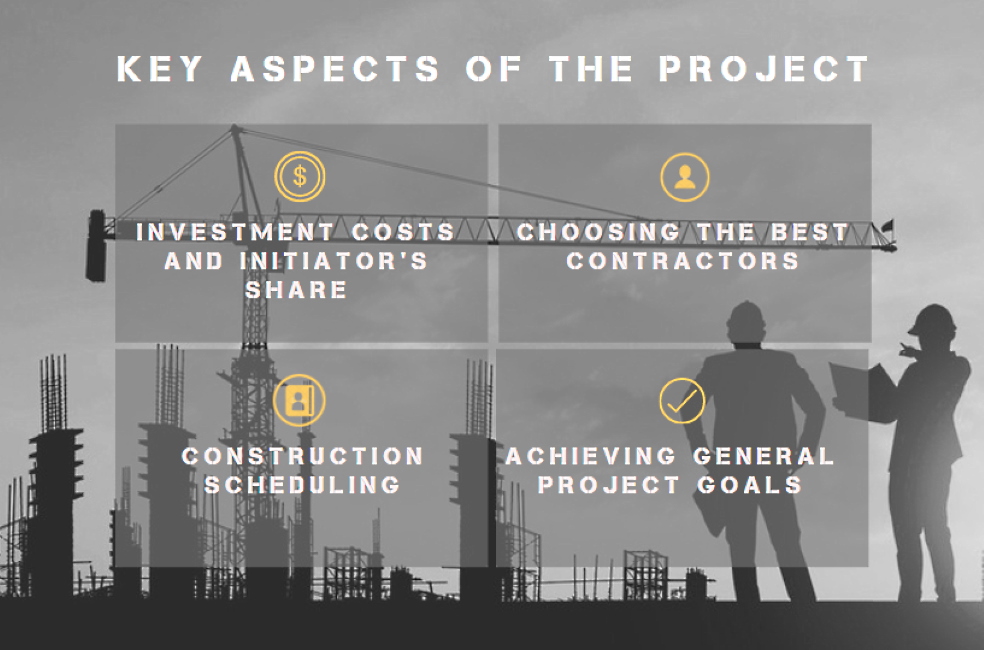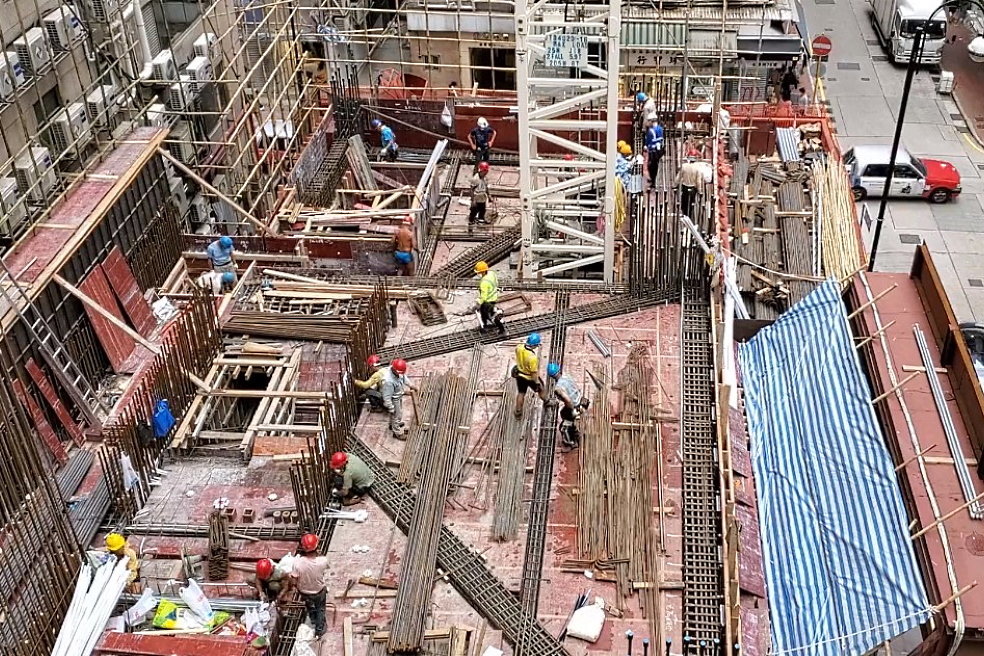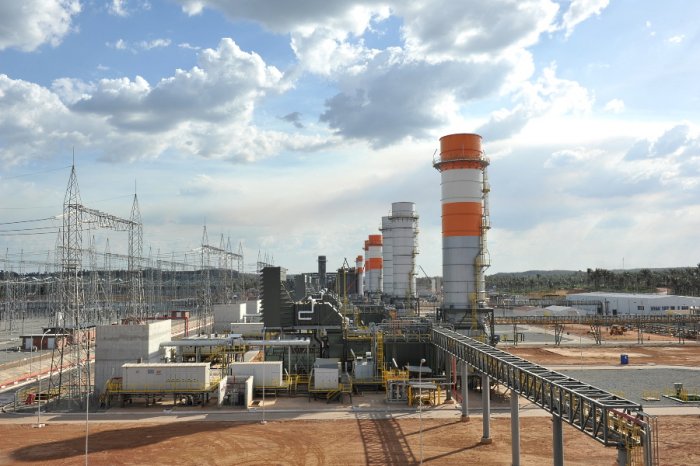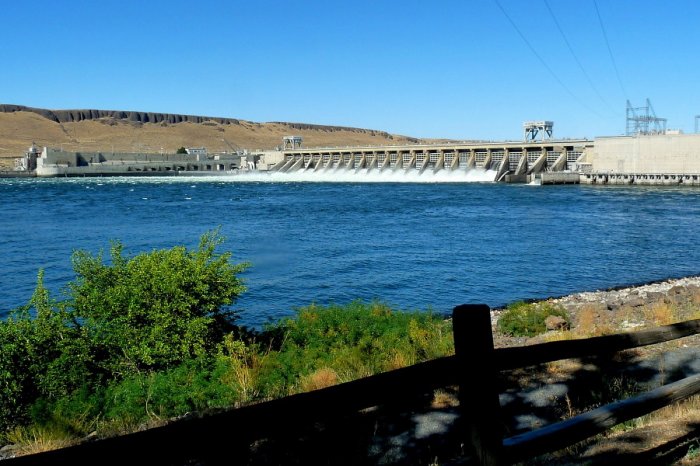Investment and construction engineering
GCAM Investment Group offers:
• Investment financing from €50 million and more
• Minimizing the contribution of the project promoter
• Investment loan term up to 20 years
• Loan guarantees
This innovative activity is widespread in such areas as energy and renewable energy, heavy industry, mining and processing of minerals, infrastructure, oil and gas sector, etc.
The growth of investment engineering began at the end of the twentieth century with the emergence of new requirements of customer companies for large projects.
Today, this activity should cover technical, financial, legal, environmental and many other aspects.
General contractors implementing large investment projects under an EPC contract must have qualified multidisciplinary teams and collaborate with experienced contractors from different fields.
The functions of engineering companies include, but are not limited to:
• Advisory functions. High-tech services for engineering design, investment planning, etc.
• Financial functions. Organization of project financing, as well as search for investors, SPV creation and other services for financial support of the project.
• Technical functions. Development, acquisition and provision of new technologies and ready-made solutions necessary for the project to the customer company.
• Construction functions. The responsibilities of the general contractor include the entire range of services for the construction, installation, testing and commissioning of facilities.
• Operational functions. If necessary, the contractor assumes any responsibilities for the operation, maintenance, repair and monitoring of facilities.
GCAM Investment Group, an international investment consulting company, is engaged in the implementation of large investment projects in dozens of countries around the world.
We carry out investment planning, project analysis and appraisal, engineering design, construction and operation, and are also responsible for project financing.
Implementation of investment projects on a turnkey basis
According to the general definition, the subject of investment and construction engineering is the construction, expansion or modernization of engineering facilities limited by a certain place, time, artificial and natural environment.This cycle of work is carried out in accordance with generally accepted models in order to meet the needs of all project participants.
Starting from the general idea of the future facility, the engineering team develops functional and structural concepts, drawings and detailed construction documentation, financial requirements and a strategy for attracting investments. This is a multi-stage process, which is based on consultations of the customer and investors with experts and the adjustment of project parameters, taking into account the requirements and real capabilities of the parties.
Each investment project that receives funds through bank loans, grants or project finance instruments must be implemented in strict accordance with applicable contractual provisions and standards.
A poorly thought-out and unrealistic project can result in financial and reputational losses for all stakeholders, so engineering teams strictly adhere to established standards.
Before embarking on the implementation of the project, the initiators must clearly understand the current framework and limitations of the contracts.
What changes in the schedule, quality, volume and cost of work can be made?
What changes will investors not allow?
Clear answers to these questions are critical to the future of the project and business.
Figure: Key aspects of a large investment project.

Investors generally prioritize the selection of reliable contractors, acceptable investment costs and the initiator's own financial contribution, and a professional and realistic project plan and goals.
The stages of project implementation can be as follows:
• Selection, appointment and preparation of the project team.
• Selection of contractors, which in practice comes down to the implementation of standard procedures, culminating in the signing of contracts.
• Implementation of the main part of the project, which consists in the implementation of a complex of construction and installation works, modernization, equipment repair, etc.
• Reporting, monitoring of compliance with the schedule and project management.
• Financing and material support of the project.
• Commissioning.
The above stages of the investment project implementation do not necessarily follow each other in the specified order. More often than not, they overlap each other to create a holistic process.
Investment project management
It is believed that the failure of a large and capital intensive project often stems from poor management.Today, investors are paying attention to the quality of project management, requiring partners to have a specialized project team.
This corresponds to realities, since against the background of high competition for capital, a single incorrectly executed document can call into question the further implementation of the investment project. Several accidentally missed payments can become a serious problem for the initiator in the context of his further communication with partners.
A well-trained management team is critical to the success of an investment project.
For large projects, a single engineer is not enough to ensure the correct execution of investment tasks and their compliance with technical standards.
Investment and construction engineering companies provide customers with multidisciplinary teams of several specialists, who will be responsible for the area that they know best. The work of this team is coordinated by the project manager, who must familiarize himself with the rules and regulations, as well as with the contractual provisions and regulations necessary for the proper implementation of a particular project.
The project management team should carefully review the application documentation, including the feasibility study and the eligible costs presented therein.
In this regard, the financial aspect is especially important, since the financing of the project (amounts, schedules of receipt of funds) must correspond to real needs.
Members of the project team involved in accounting, checking invoices and other financial documents must know exactly the content of the application and the contract, both in terms of costs and the timing of the implementation of individual stages of the investment project.
This will ensure the correct operation of accounting and technical services.
Investment process control
Control in investment and construction engineering involves monitoring and evaluating the development of processes leading to the achievement of certain goals.In this case, we are talking about the goals that are set for the investment project or the process as a whole.
There is a clear link between planning and control. The basis for control is a plan, which compares the actual development of processes with schedules and evaluates possible deviations. Investment plans are drawn up in such a way that they can be controlled using modern computer technology.
Systematic and comprehensive monitoring of investment activities is a common practice for large companies.
To some extent, this can be explained by the peculiarities of investment projects listed below:
• Long term of implementation.
• Significant capital investments in the early stages.
• Significant potential changes from initially planned conditions.
• The complexity of the data required to evaluate the project.
Undoubtedly, the results of control can be used to punish specialists in case of mistakes, be it unprofitable proposals or incorrect estimates. Supervision also helps to select teams that are highly effective.
Comprehensive control of the investment process guarantees the realistic investment plans. Investors tend to be overly optimistic about the profitability of their ideas for a number of reasons. Of course, optimism is a necessary element of any entrepreneurship, as it pushes an idea towards its implementation.

The role of control is to help distinguish justified optimism from recklessness.
If there is no control, people with good imaginations and sufficient energy could probably force any investment proposal on the business. How profitable such proposals are will be determined only after the implementation of an expensive project.
First, control of the investment process ensures the feasibility of projects.
Secondly, control helps to detect the causes of problems, the discrepancy between the planned progress of the project and the actual timing, costs and results.
Based on this, corrective actions can be taken for the successful implementation of the project.
Finally, professionals and managers will work more efficiently during the implementation of the project and the subsequent operation of the finished object, since the results of work are assessed using a comprehensive post-investment analysis, and each specialist has a certain responsibility for the results.
Also, monitoring the investment process helps to detect deviations that can be taken into account when developing future investment plans.
First of all, these are negative deviations of the actual results from the planned ones.
The information provided to senior management in the reports leads to numerous positive results. Ultimately, there are two main benefits of being in control during project implementation - proactive decision-making and seizing opportunities at a given moment.
Control and monitoring of the investment project is based on the following data sources:
• Systematic, time-bound reports sent to the project manager.
• Special reports performed in emergency, unforeseen situations.
• Follow-up visits by representatives of investors.
When performing monitoring, it is necessary to check not only the progress of work (specific stages of construction), but also the correctness and timeliness of the selection of contractors, information and marketing activities, cost control, etc.
Customer claims for project management often arise when large investments are made in the framework of public-private partnerships. In some cases, government partners appoint responsible persons who have a vague understanding of the essence of the project or who are simultaneously working on several projects, being overwhelmed.
The simplest answer to this kind of problem can be the allocation of a dedicated professional team for each investment project.
GCAM Investment Group, being an experienced contractor, is ready to offer you project management services.
Financing investment projects
Financing large investment projects is a global problem in any business related to the issue of the cost of capital.This refers to the average rate of return that prompts potential investors to provide the company with the necessary long-term financing.
Before starting any project for a company, it is important to clearly define the start-up and operating costs that correspond to the resources that a business can allocate.
| Start-up costs | Operating costs |
| Research and development | Control and monitoring |
| Purchase of land, materials and equipment | Equipment operation and maintenance |
| Engineering design of the facility | Planned and urgent repair work |
| Construction and installation of equipment | Expansion and modernization of equipment |
| Testing, quality control and commissioning | General running costs (fuel, energy) |
| Service personnel training | Reservation of capacities and areas |
| Additional (unscheduled) costs | Additional (unscheduled) costs |
In investment and construction engineering, among other things, it is important to match future financial flows with the necessary start-up and operating costs that the company will incur in the process of making the investment.

The initiator must secure adequate external funding for the successful smooth implementation of each phase of the project.
Sources of financing for large projects
Project financing can be carried out using various sources, including self-financing from the company's internal resources, large bank loans, share issues, leasing, budget subsidies, as well as complex project finance (PF) instruments.Internal financing of projects is carried out using the company's own funds, including share capital, profits and depreciation charges.
As a rule, this only applies to small investment projects, while large capital-intensive projects require the use of various combined schemes with the attraction of debt financing.
External financing of an investment project is based on the use of borrowed funds from banks and other financial institutions, subsidies and other sources. Each source of funding gives the business certain advantages, so the choice is determined by the specific business strategy, risks and scale of the project.
Project finance is one of the most affordable models for the implementation of investment projects.
PF is characterized by the transfer of responsibility and financial risk of the project to a separate legal entity (special purpose vehicle, SPV), which is created by interested parties.
Debt financing is attracted by SPV and is secured by the future cash flows of the project, but not by the assets of the initiators.
In a “pure” project finance model, sponsors contribute certain funds to the SPV, but they are not liable for the SPV's debts, and the debt is repaid from the project's cash flows. Payments do not start until the project is completed and operational.
The project finance instrument is widely used, in particular, in wind energy, solar energy and infrastructure projects.
Funding for many public-private partnership projects is based on the PF model. Investment and construction engineering provides, among other things, the selection of an acceptable financing scheme, which must ensure sufficient investment for each stage of the project, minimize risks and capital costs, and optimize the financial structure of the investment project.
Optimal capital structure
Financing an investment project is part of the company's overall financial plan, which includes not only new projects, but all the financial needs of the business.In general, the problems of investment and financing are closely related.
Every company must maintain a debt ceiling that, if exceeded, would entail excessive financial risk. Investment projects must yield higher returns than the value of the money used to finance them.
Any financial decisions made by a company affect the price of its shares, the degree of risk and the cash flow. The company's actions are limited by such aspects as applicable laws (including antitrust law), the scope of contracts and financial agreements, market factors and much more.
The most important decision in the context of the implementation of large investment projects is the correct choice of the source of financing.
GCAM Investment Group is ready to provide your business with long-term project financing and large investment loans for the implementation of projects in the fields of energy and industry, agriculture and infrastructure, mineral processing, etc.

Investment and construction engineering: our services
The peculiarity of modern investment and construction engineering is that a diversified company offers a full range of services necessary for the project implementation.From project financing to professional operation and facility maintenance.
Management of construction and investment projects is a responsible and complex process.
The GCAM team conducts detailed research and prepares a report, on the basis of which the project participants can make the right decision in accordance with their investment intention and, if necessary, make adjustments.
Our responsibilities in the field of investment and construction engineering include:
• Project planning, feasibility study and marketing research.
• Provision of project financing on mutually beneficial terms.
• Organization and direct control of project implementation.
• Risk management and quality control at all stages.
• Effective resource management.
• Environmental assessment, etc.
Each customer strives to achieve maximum efficiency and safety of investments, high reliability and optimization of the operating costs of the facility.
We help achieve these goals by providing an experienced multidisciplinary team of engineering professionals who are ready to provide the investor with an informed opinion on the advantages and disadvantages of each solution.
Our specialists, together with representatives of the investor, develop a complete package of technical and financial documentation for the project.
Using rich international experience and advanced technologies, we help our clients to avoid risky or questionable decisions.
Contact us to learn more about the services of GCAM Investment Group.




















